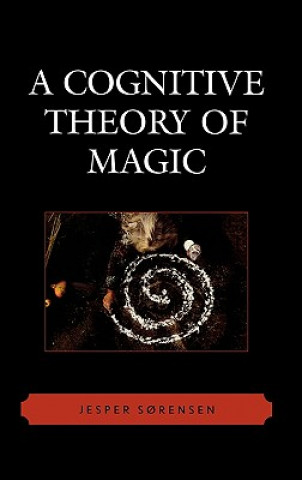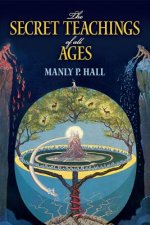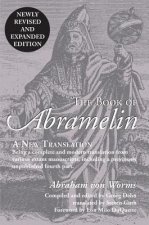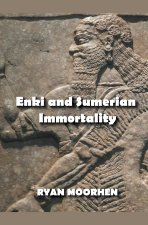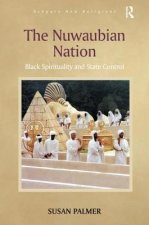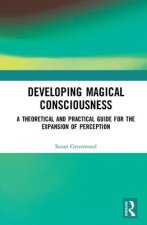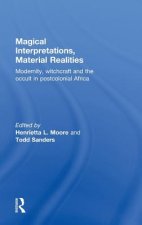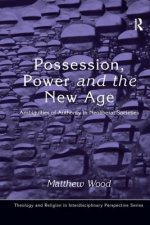
Dostava
Savjetnik za kupnju





Proizvod vam ne odgovara? Nema veze! Možete nam vratiti unutar 30 dana
 Poklon bon
u bilo kojoj vrijednosti
Poklon bon
u bilo kojoj vrijednosti
S poklon bonom ne možete pogriješiti. Za poklon bon primatelj može odabrati bilo što iz naše ponude.
Cognitive Theory of Magic
 Engleski
Engleski
 421 b
421 b
30 dana za povrat kupljenih proizvoda
Moglo bi vas zanimati i


Magic is a universal phenomenon. Everywhere we look people perform ritual actions in which desirable qualities are transferred by means of physical contact and objects or persons are manipulated by things of their likeness. In this book Sorensen embraces a cognitive perspective in order to investigate this long-established but controversial topic. Following a critique of the traditional approaches to magic, and basing his claims on classical ethnographic cases, the author explains magic's universality by examining a number of recurrent cognitive processes underlying its different manifestations. He focuses on how power is infused into the ritual practice; how representations of contagion and similarity can be used to connect otherwise distinct objects in order to manipulate one by the other; and how the performance of ritual prompts representations of magical actions as effective. Bringing these features together, the author proposes a cognitive theory of how people can represent magical rituals as purposeful actions and how ritual actions are integrated into more complex representations of events. This explanation, in turn, yields new insights into the constitutive role of magic in the formation of institutionalised religious ritual.
Informacije o knjizi
 Engleski
Engleski
Kategorija




 Kako kupovati
Kako kupovati















